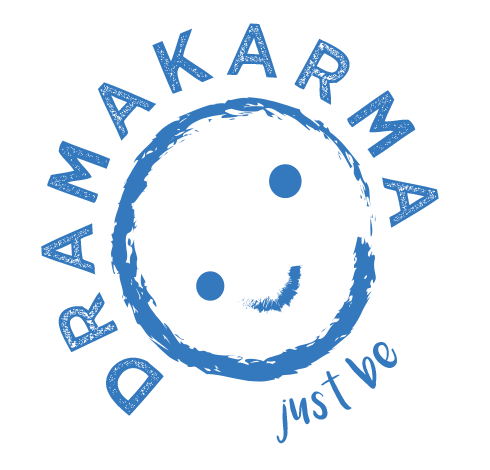Richard Beer. Extracts from a conversation with a Coopers’ evacuee.
Kevin
If you don’t mind me saying so Richard, when I listen to you I am not hearing the East End of London in your voice.
Richard
What you have to understand is that for a large part of our childhood we were isolated from our parents and our neighbourhood . Our mentors were our school masters and I suppose we learnt to talk like them. I was in the second form when I arrived with my brothers in 1939. I’d have been around 11 years old.
Kevin
Cycling is an important theme in the play. Did you spend much of your time on a bicycle?
Richard
Yes, we lived on our bikes. Never took the bus. There were about 5 cycle shops just in Frome. One on St Catherine’s. I remember a billet I stayed at in Keyford. It was past the asylum and down the dip and over the mount. Once I was cycling down a lane from there which led to the Maiden Bradley road. There was a small chapel at the end. I remember snagging my cap on a branch and having to climb up the tree to get it.
Kevin
In the production we are featuring nissen huts. We were told that one of them acted as the science classroom and that the boys were allowed in at the weekends. They repaired their bikes there.
Richard
Yes, these huts were military ones from the First World War. Frome county school had been using them for their lessons until a new school was built on its current site. This would be our physics and chemistry lab. There was a pot-bellied stove in there and wooden wainscotting up to about five feet and the remainder was corrugated iron.
Kevin
In our original idea for the play we had in mind looking at the tension between the evacuees and the local population, Were you aware of any such tension?
Richard
There was an incident between a gang of four in town who created a fracas with some junior boys. But the prefects sorted it out.
Kevin
How close to the war did you feel, here in the relative safety of Somerset. Could it almost be forgotten about?
Richard
I remember people contributing to the funds to sponsor a spitfire. We were involved in that. Of course, we were working from 14 onwards in the fields and so forth so we’re pretty busy. On Broadway and right over to Keyford there was some very bad bombing and incendiaries one time. At night time we would often watch excitedly the flashes of light in the sky and someone might say, ‘Bristol’s getting it tonight.’ We had dug trenches around the school and when there was an air raid we would jump in them. Then the White House Hotel had a prisoner of war compound, where there were Germans and Italians.
